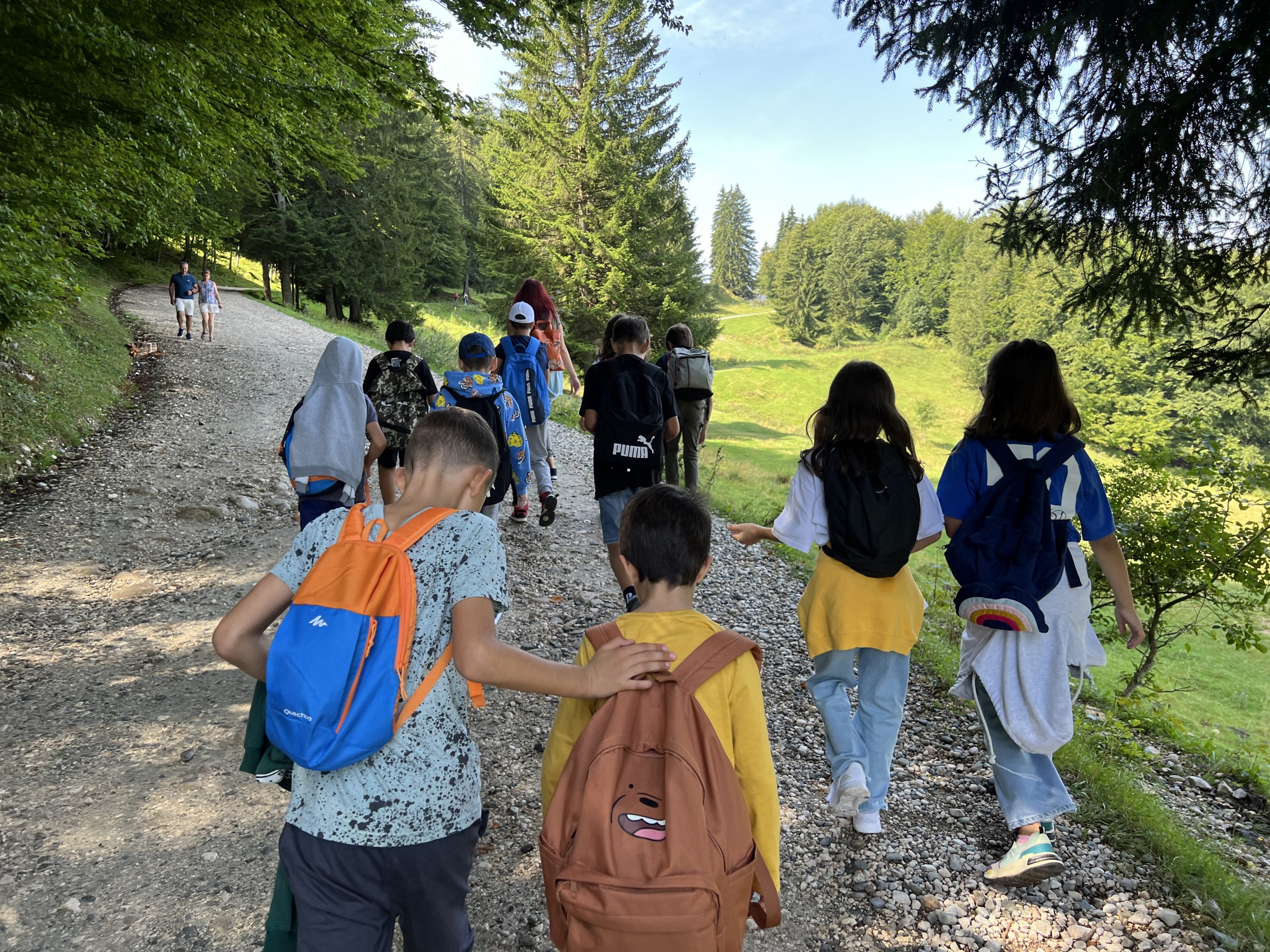
How to teach the little ones about acts of kindness?
"Kindness helps children's mental health, increase their resilience, as well as achieve peak performance," says the educational psychologist Michele Borba, the author of the book Thrivers: The Surprising Reasons Why Some Kids Struggle and Others Shine. When children are 3, 4, and 5 years old, it is a good time to start having discussions about kindness and what role it plays in our daily lives. The first step when explaining acts of kindness to children is to set a framework based on: "We treat other people as we would hope to be treated ourselves." As they get older and mature, children can understand that we treat people the way that's best for them, even if it's different from what's best for us.
Scientific studies have proven over time that kindness brings a large number of physical and emotional benefits. Children need a significant dose of warmth and appreciation in order to flourish as healthy, happy and balanced individuals. Patty O'Grady, doctor and expert in the field of neuroscience, emotional learning and positive psychology, with a special focus on the educational field, believes that "kindness, in its entirety, produces essential changes through experimentation". Children and teenagers don't learn to practice kindness just by thinking about it and talking about it. Kindness is best learned by feeling it so that you can reproduce it. Kindness is an emotion students feel, and empathy is a strength they share.
5 reasons to promote kindness at home and at school
- Children are happier
Science explains that the good feelings we experience when we are kind are produced by endorphins that activate areas of the brain associated with pleasure, social connection and trust, and which automatically increase levels of well-being and energy.
- Increasing peer acceptance
Research on this topic has established that kindness increases our ability to form meaningful connections with others. Studies show that when students are kind and happy, they enjoy greater acceptance from their peers.
- Improved health and less stress
It is widely documented that being kind can trigger a release of the hormone oxytocin, which has a number of physical and mental health benefits as it can significantly increase a person's level of happiness and reduce stress. More recently, however, it has been found to play a significant role in the cardiovascular system, helping to protect the heart.
- Greater sense of belonging and better self-esteem
Studies show that people experience a sense of "helper's high" (a concept associated with a positive state as a result of selfless service to others) when you do a good deed, a rush of endorphins that creates a lasting sense of pride, well-being and an enriched sense of belonging. Even small acts of kindness seem to boost our sense of well-being, boost our energy, and give us a wonderful sense of optimism and self-worth.
- Increased feelings of gratitude
When children are part of projects that help others less fortunate than themselves, it gives them a real sense of perspective and helps them appreciate the good things in their own lives.Kindness is an essential value that helps us establish harmonious relationships with those around us, and when we help our little ones to practice this value in as many contexts as possible, we help them reach their potential and grow harmoniously. In KEN Academy classes, because we promote this value, we tell children about donation and why we should support a noble cause or help those who do not have as many opportunities.
We want to put small acts of kindness into practice as much as possible and build a better world together!
*Article written by Veronica Dunga, KEN Academy trainer.
